Visa for India from the UK? It’s a journey that starts long before you board your flight. Navigating the visa process can seem daunting, but it’s essential for a smooth trip. Whether you’re planning a holiday, a business trip, or an extended stay, understanding the visa requirements is crucial. With multiple visa types available and specific procedures to follow, our guide will walk you through everything you need to know. So, let’s dive in and make your travel preparations as seamless as possible.
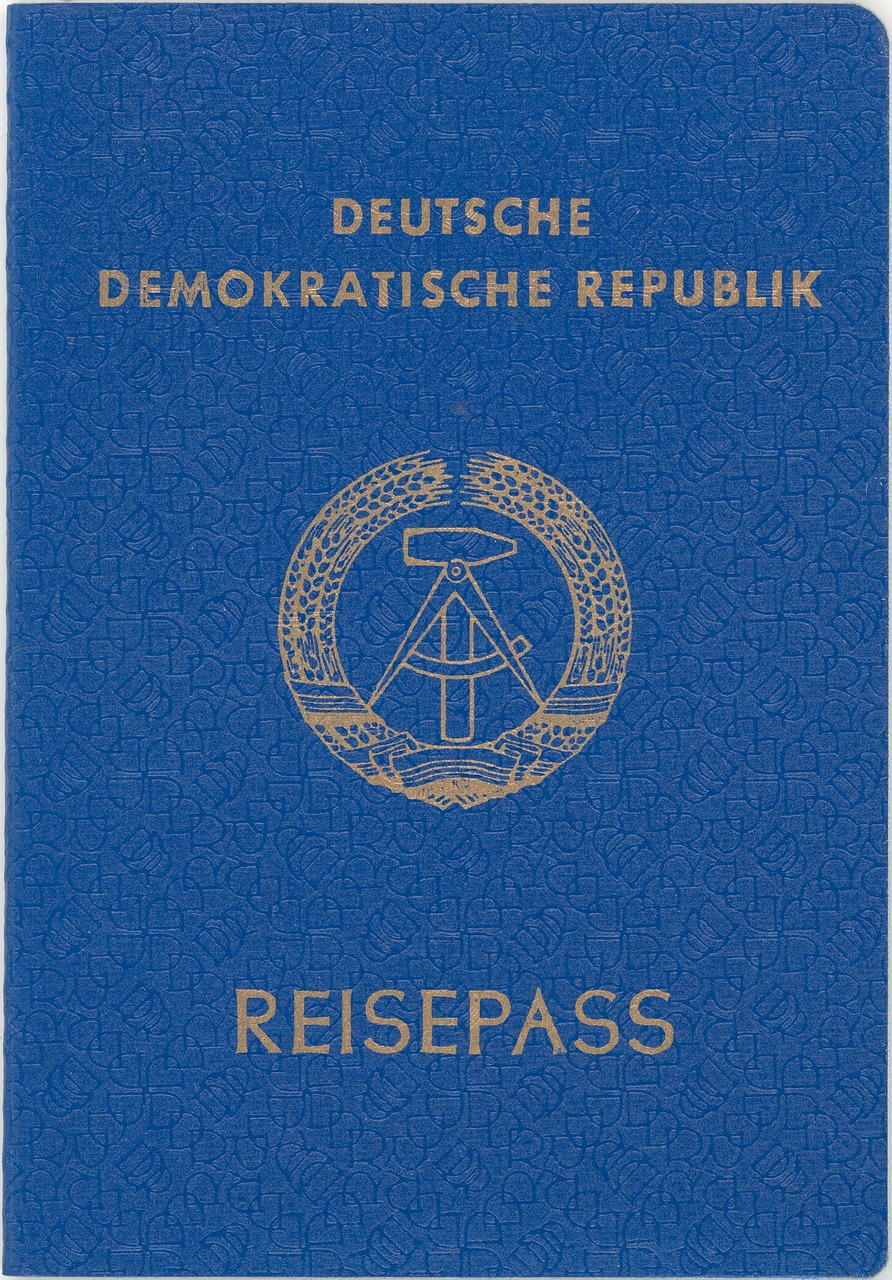
Introduction to Obtaining a Visa for India from the UK
Planning a visit to India from the UK requires some preparation, primarily obtaining the correct visa. The process can be straightforward if you know the steps and requirements. First, you’ll need to decide the purpose of your visit, as this will determine the type of visa you need. The Indian visa application process has been streamlined over the years, but it’s still essential to follow the guidelines carefully. From gathering necessary documents to submitting your application online, each step is crucial. Make sure your passport is valid for at least six months from your entry date into India. This basic requirement is often overlooked but is crucial to avoid any last-minute issues.
| Information | Description |
|---|---|
| Passport Validity | Your passport must be valid for at least six months from the date of entry into India. |
| Visa Types | Different visas are available depending on the purpose of your visit, such as Tourist, Business, Medical, etc. |
| Required Documents | Ensure you have all necessary documents ready for your visa application. |
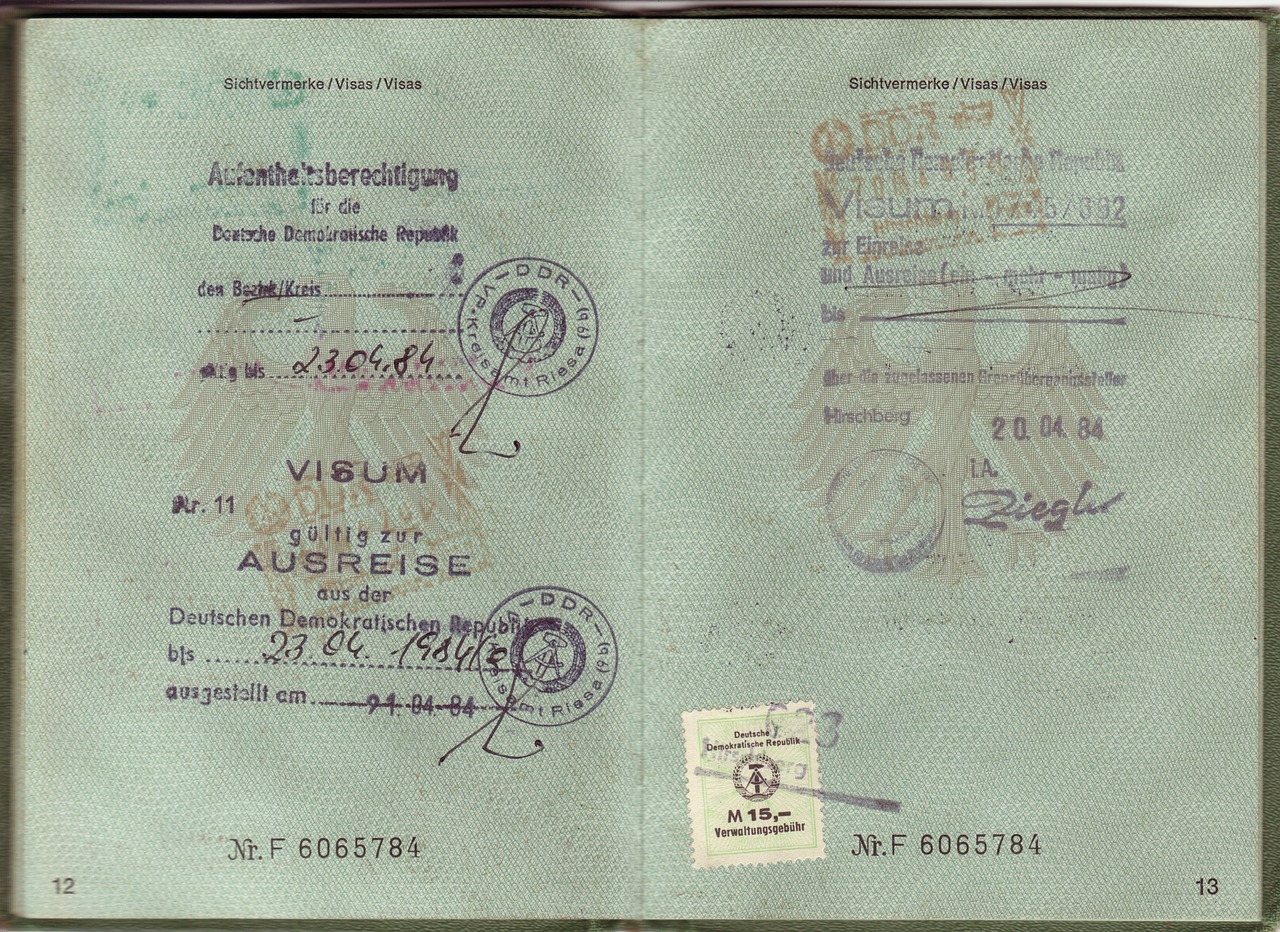
Understanding Visa Requirements
Before you apply for an Indian visa, it’s essential to understand the specific requirements. First, identify the type of visa you need based on the purpose of your visit. You’ll need to fill out the appropriate application form accurately and submit it along with the required documents. These documents typically include your passport, recent photographs, and proof of your travel itinerary. Additionally, some visas may require you to provide evidence of financial stability or a letter of invitation from an Indian host. Not meeting any of these requirements can lead to delays or even denial of your visa application.

COVID-19 Impact on Travel
The COVID-19 pandemic has significantly impacted international travel, including travel from the UK to India. As of now, there are no COVID-19 testing or vaccination requirements for travellers entering India. However, it’s crucial to stay updated with the latest guidelines, as these can change rapidly. The Indian Ministry of Health and Family Welfare regularly updates its travel advisories, so keep an eye on their updates. Also, ensure you have comprehensive travel insurance that covers COVID-19 related issues, just to be on the safe side.
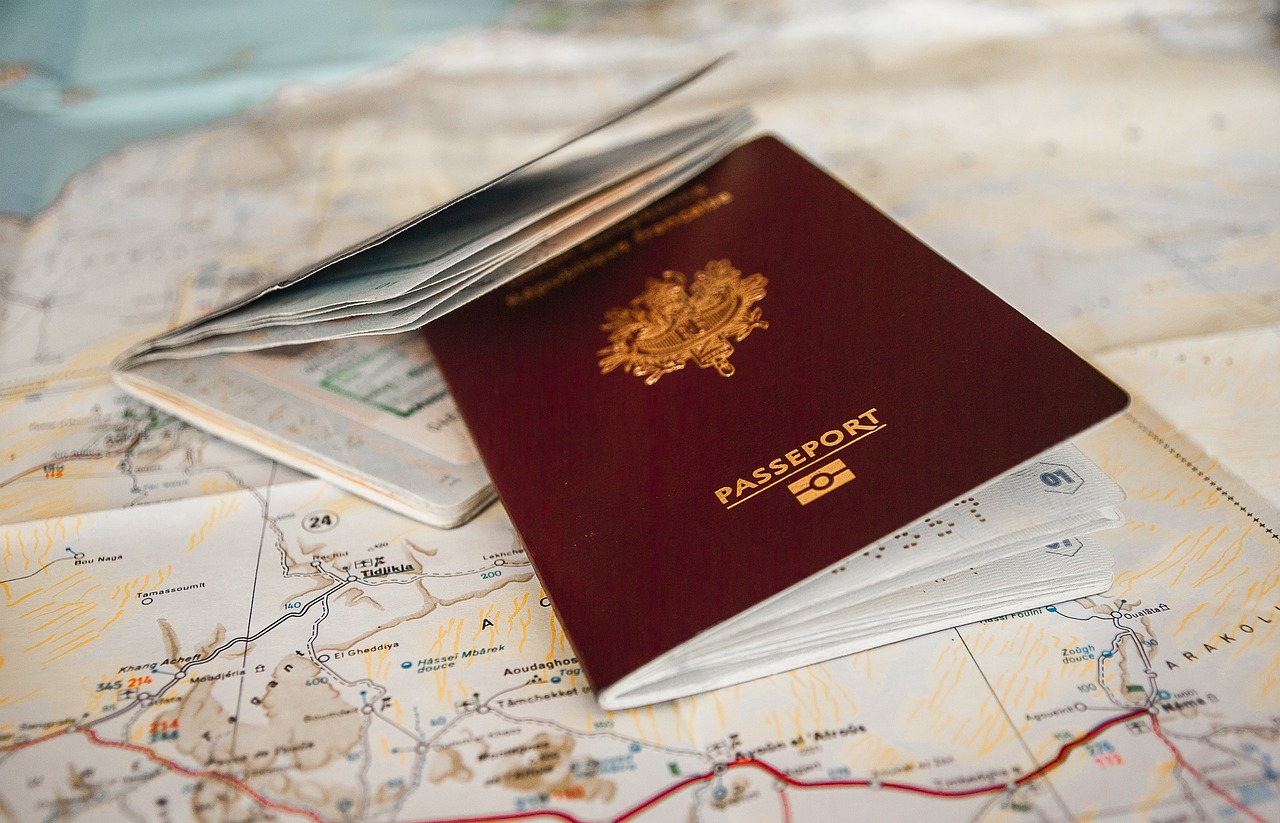
Types of Indian Visas Available for UK Citizens
India offers various types of visas for UK citizens, each tailored to different purposes of travel. Whether you’re visiting for leisure, business, medical treatment, or study, there’s a specific visa category for you. Understanding which visa to apply for is the first step in the process.
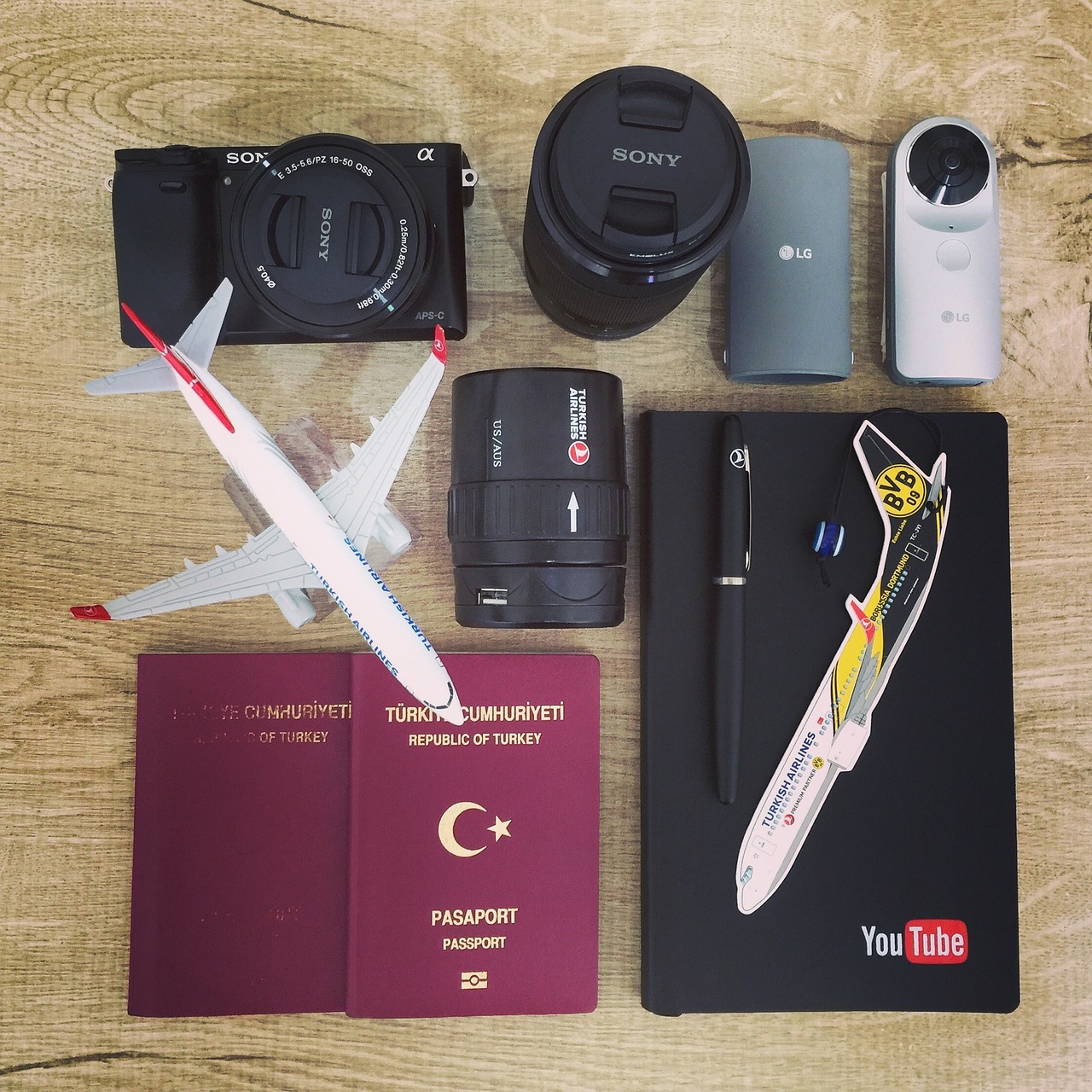
Tourist Visa
A Tourist Visa is ideal for those looking to explore India’s rich cultural heritage and natural beauty. This visa typically allows a stay of up to six months and can be applied for online or through the Indian High Commission in London. To apply, you’ll need to provide documentation such as your travel itinerary and proof of accommodation. Make sure to apply well in advance of your travel dates to avoid any last-minute hassles.
- Duration: Up to six months
- Required Documents: Travel itinerary, proof of accommodation
- Application Method: Online or through the Indian High Commission
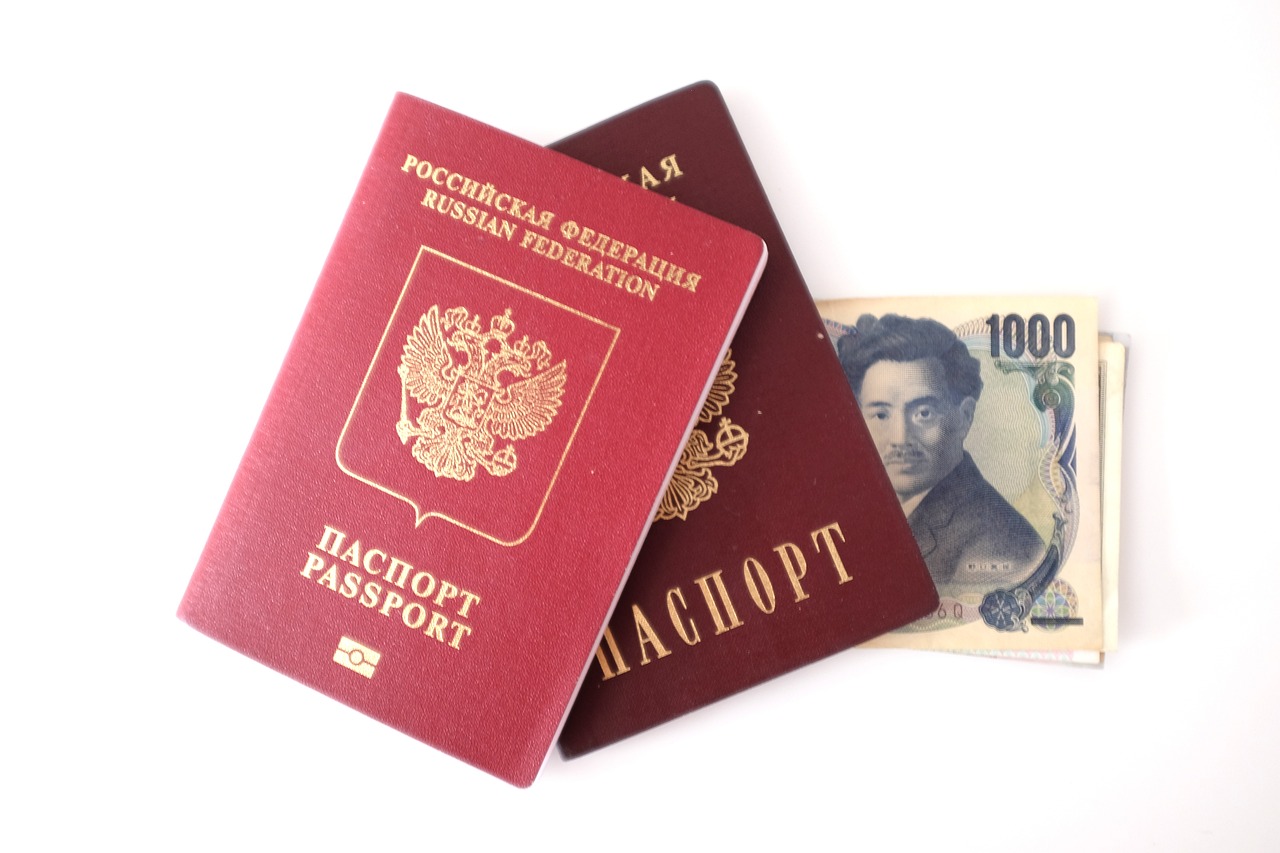
Business Visa
A Business Visa is designed for individuals travelling to India for business-related activities such as meetings, conferences, or exploring business opportunities. This visa allows for multiple entries and longer stays, making it ideal for frequent travellers. You’ll need to provide a letter from your UK employer and an invitation from the Indian company you’ll be visiting. Ensure all business-related documents are accurately filled out to avoid delays.
- Purpose: Business activities
- Required Documents: Employer letter, invitation from Indian company
- Application Method: Online or through the Indian High Commission
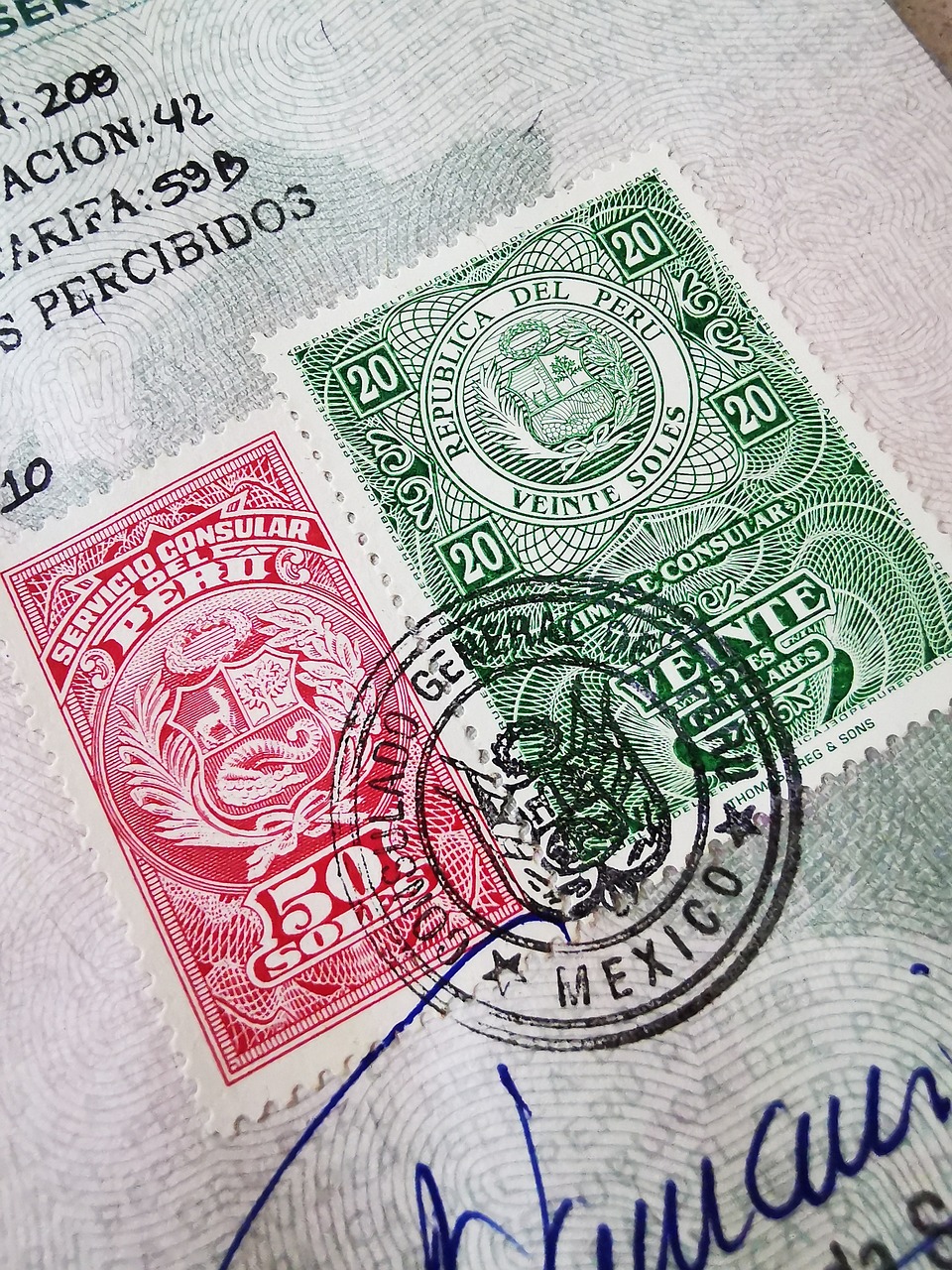
Medical Visa
If you’re seeking medical treatment in India, a Medical Visa is the appropriate choice. This visa is granted to patients and their accompanying attendants. You will need to provide a letter from the medical institution in India where the treatment is planned. Make sure the medical facility is recognized by the Indian government to avoid any complications.
- Purpose: Medical treatment
- Required Documents: Medical institution’s letter
- Application Method: Online or through the Indian High Commission

Student Visa
A Student Visa is issued to UK citizens who wish to pursue their education in India. This visa is typically valid for the duration of the academic course. To apply, you’ll need an admission letter from a recognized educational institution in India. Ensure your educational institution is accredited by the Indian Ministry of Education to avoid any issues.
- Purpose: Education
- Required Documents: Admission letter
- Application Method: Online or through the Indian High Commission
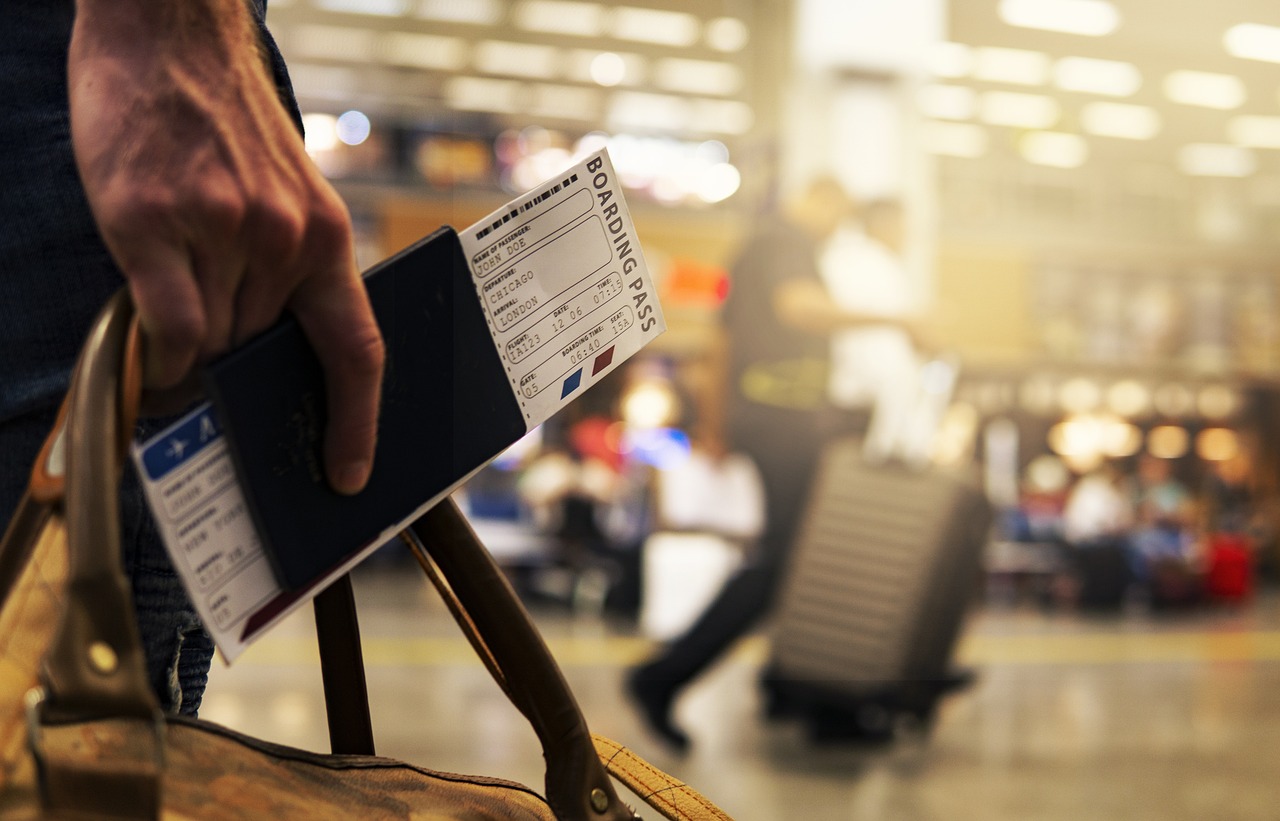
Employment Visa
For those planning to work in India, an Employment Visa is required. This visa is issued to skilled professionals or those taking up employment in India. You’ll need a contract from the Indian employer and proof of your qualifications. Ensure your employer is registered with the Indian government to avoid any legal issues.
- Purpose: Employment
- Required Documents: Employment contract, proof of qualifications
- Application Method: Online or through the Indian High Commission
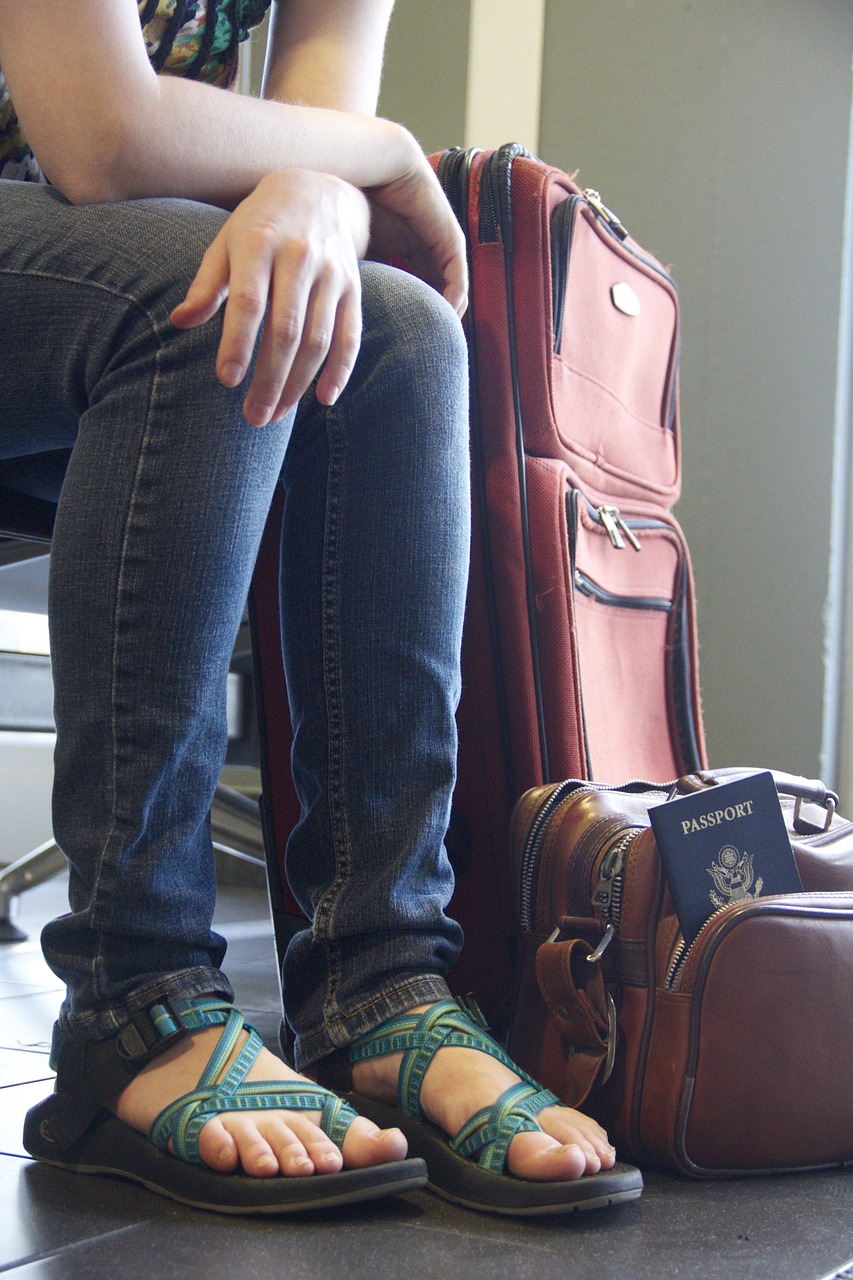
e-Visa Options
India offers e-Visa options for tourists, business travellers, and medical visits. The e-Visa is convenient as it allows you to apply online and receive your visa electronically. This visa is usually valid for shorter visits and has a simpler application process. Remember to apply for the e-Visa at least four days before your travel date to ensure timely processing.
- Types: Tourist e-Visa, Business e-Visa, Medical e-Visa
- Application Method: Online
- Processing Time: Typically four days
Key Organizations Involved in the Visa Process
Several organizations play a crucial role in the visa application process. Knowing which entities to contact can streamline your application and help you get the right information.
UK Government
The UK Government provides essential advice on the entry requirements for India. They guide UK citizens on the necessary steps to apply for a visa, ensuring they meet all the prerequisites. Consulting the UK Government’s travel advisory can provide up-to-date information on any recent changes or requirements.
High Commission of India in London
The High Commission of India in London is your primary point of contact for visa applications. They provide detailed information on the different types of visas, required documents, and the application process. They also offer consular services to resolve any issues that may arise during your application.
Indian Bureau of Immigration
The Indian Bureau of Immigration is responsible for processing visa applications and providing information on visa categories and requirements. They play a crucial role in ensuring that all applications meet the necessary criteria. Contacting them can provide clarity on any specific requirements for your visa type.
Indian Ministry of External Affairs
The Indian Ministry of External Affairs also provides valuable information on visa requirements and travel advisories. They work closely with other Indian authorities to ensure that the visa application process is smooth and transparent. Refer to their website for the latest updates and guidelines.
Steps to Apply for an Indian Visa
Applying for an Indian visa involves several steps, from filling out the application form to submitting the required documents. Here’s a step-by-step guide to help you through the process.
Online Application Process
The first step in applying for an Indian visa is to fill out the online application form. This form requires detailed information about your personal details, travel plans, and the type of visa you’re applying for. Ensure all information is accurate to avoid any delays or rejections.
Required Documents
Once you’ve filled out the online application, you’ll need to gather the required documents. These typically include your passport, recent photographs, and any additional documents specific to your visa type. Having all documents ready can expedite the application process.
- Passport
- Recent photographs
- Additional documents based on visa type
Application Fees
After submitting your application and documents, you’ll need to pay the application fee. The fee varies depending on the type of visa and the duration of your stay. Ensure you have the necessary funds to complete this step without any issues.
Processing Times
The processing time for an Indian visa can vary based on the type of visa and the volume of applications. Typically, it takes about 3-5 working days, but it’s advisable to apply well in advance. Check the processing times regularly to avoid any last-minute surprises.
Special Considerations
Certain applicants have unique considerations that need to be addressed during the visa application process.
Overseas Citizens of India (OCI) Cardholders
Overseas Citizens of India (OCI) cardholders do not require a visa to visit India. However, they must carry their OCI card and a valid passport. Ensure your OCI card is up-to-date to avoid any travel disruptions.
Pakistani Origin Applicants
Applicants of Pakistani origin face a longer processing time for their visa applications. They must apply using their Pakistani passport, and additional scrutiny is involved. Plan well in advance to accommodate this extended processing period.
Health and Safety Requirements
Before travelling to India, it’s essential to be aware of the health and safety requirements.
Vaccination Requirements
While there are no mandatory COVID-19 vaccination requirements, it’s advisable to check for other necessary vaccinations. These may include vaccinations for diseases such as yellow fever, hepatitis, and typhoid. Consult with your healthcare provider to ensure you’re adequately protected.
Indian Ministry of Health and Family Welfare Guidelines
The Indian Ministry of Health and Family Welfare provides guidelines on health and safety for travellers. These guidelines are regularly updated to reflect current health conditions in India. Check their website for the latest information before your trip.
Customs and Monetary Regulations
Understanding customs and monetary regulations can help you avoid any legal issues during your travel.
Customs Rules for Entry and Exit
When entering or exiting India, you must declare certain goods and follow specific customs rules. These rules are in place to prevent illegal activities and ensure the safety of all travellers. Review the customs regulations to avoid any fines or legal issues.
Guidelines from the Reserve Bank of India
The Reserve Bank of India sets guidelines for bringing money into the country. These guidelines include limits on the amount of Indian rupees you can carry and the declaration of foreign currency. Familiarize yourself with these guidelines to ensure compliance.
Registration and Exit Requirements
Certain registration and exit procedures must be followed to ensure a smooth departure from India.
Registration with Foreigner Regional Registration Office (FRRO)
If you plan to stay in India for more than 180 days, you must register with the Foreigner Regional Registration Office (FRRO). This registration should be done within 14 days of your arrival. Ensure timely registration to avoid any legal complications.
e-FRRO Online Portal for Special Exit Visa
For those who need a special exit visa, the e-FRRO online portal simplifies the process. You can apply for this visa online and receive approval electronically. Utilize this portal for a hassle-free exit process.
Exit Procedures at Immigration
When leaving India, you must pass through immigration, where your documents will be checked. Ensure you have all necessary documents, including your visa and passport, readily available. Follow the immigration procedures to ensure a smooth exit.
Communication and Technology Restrictions
Certain restrictions apply to communication and technology devices in India.
Licences for Satellite Phones and Listening Devices
Possession and operation of satellite phones and listening devices without a licence are illegal in India. You must obtain a licence from the Indian Department of Telecommunication to use these devices. Ensure you have the necessary licences to avoid legal issues.
Indian Department of Telecommunication Guidelines
The Indian Department of Telecommunication provides guidelines on the use of communication devices. These guidelines help ensure the security and privacy of all individuals. Review these guidelines to ensure compliance with Indian laws.
Originally posted 2024-08-07 12:34:55.
